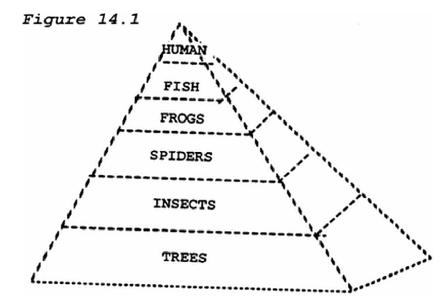Explain why transplanted organs are often rejected by their hosts. What will be an ideal response?
Concepts to Consider: Every individual can recognize its own cells and identify any cell from
someone else as foreign, since the cell surface proteins (major histocompatibility complex antigens)
are unique from person to person. When a host's immune system determines the transplanted organ has
different MHC antigens, it regards it as foreign and launches an immune response. T cells attack the
transplanted tissue and destroy it.
You might also like to view...
What causes antigenic variation?
A. gene mutation B. differential gene expression C. genetic rearrangement D. All of the answer options are correct.
A scientist looking through a microscope at a piece of shoulder muscle would see which of the following features?
A. striated with unbranched fibers B. striated with branched fibers C. nonstriated with unbranched fibers D. nonstriated with branched fibers E. None of the answers for this question are correct.
A plant with the genotype AABbcc is ________
A. triploid B. heterozygous for two different genes C. recessive for three different genes D. homozygous for two different genes
If 100,000 units of energy are contained within the trees in the diagram above, ____ units of energy are stored within the ___.

A. 1,000; spiders
B. 10; humans
C. 100; fish
D. 1,000; frogs